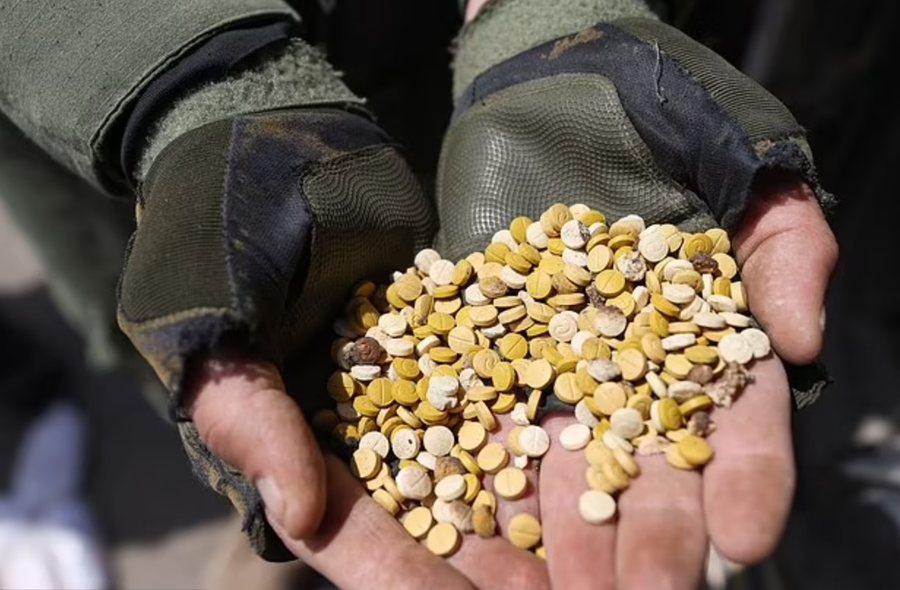
Bashar al-Assad's regime in Syria has profited enormously from the production and distribution of Captagon, a powerful drug that has earned Syria the title of "Captagon Capital". This drug, otherwise known as "poor man's cocaine", is a mixture of amphetamine and theophylline, originally developed as a treatment for conditions such as ADHD. It became popular for its stimulant effects, which made it very useful for fighters, including those of ISIS and Hamas.
Captagon became a major source of income for the Assad regime, with profits from its sale estimated to exceed the profits of all of Mexico's drug cartels. The drug trade was overseen by Assad's inner circle, including his brother Maher al-Assad, and most of the production took place in Syria's coastal areas.
However, Captagon production has suffered a sharp decline recently, following the collapse of the Assad regime and the departure of the Assad family to Russia. With the capture of major manufacturing plants by the rebels, trade has fallen by about 90%, and most operations have shifted to small groups and smaller groups. However, experts suggest that other groups, such as Iraqi militias linked to Iran's Islamic Revolutionary Guard Corps (IRGC), could replace the Assad regime and resume this lucrative trade.
Captagon's impact in the Middle East has been huge, with Gulf states such as Saudi Arabia, Kuwait and Qatar experiencing high levels of drug use and seizures. Jordan, for example, has blocked 65 million tablets by 2022. The trade has led to international sanctions against Assad's allies, and even European countries have been affected, with large seizures in Italy. (A2 Televizion)











